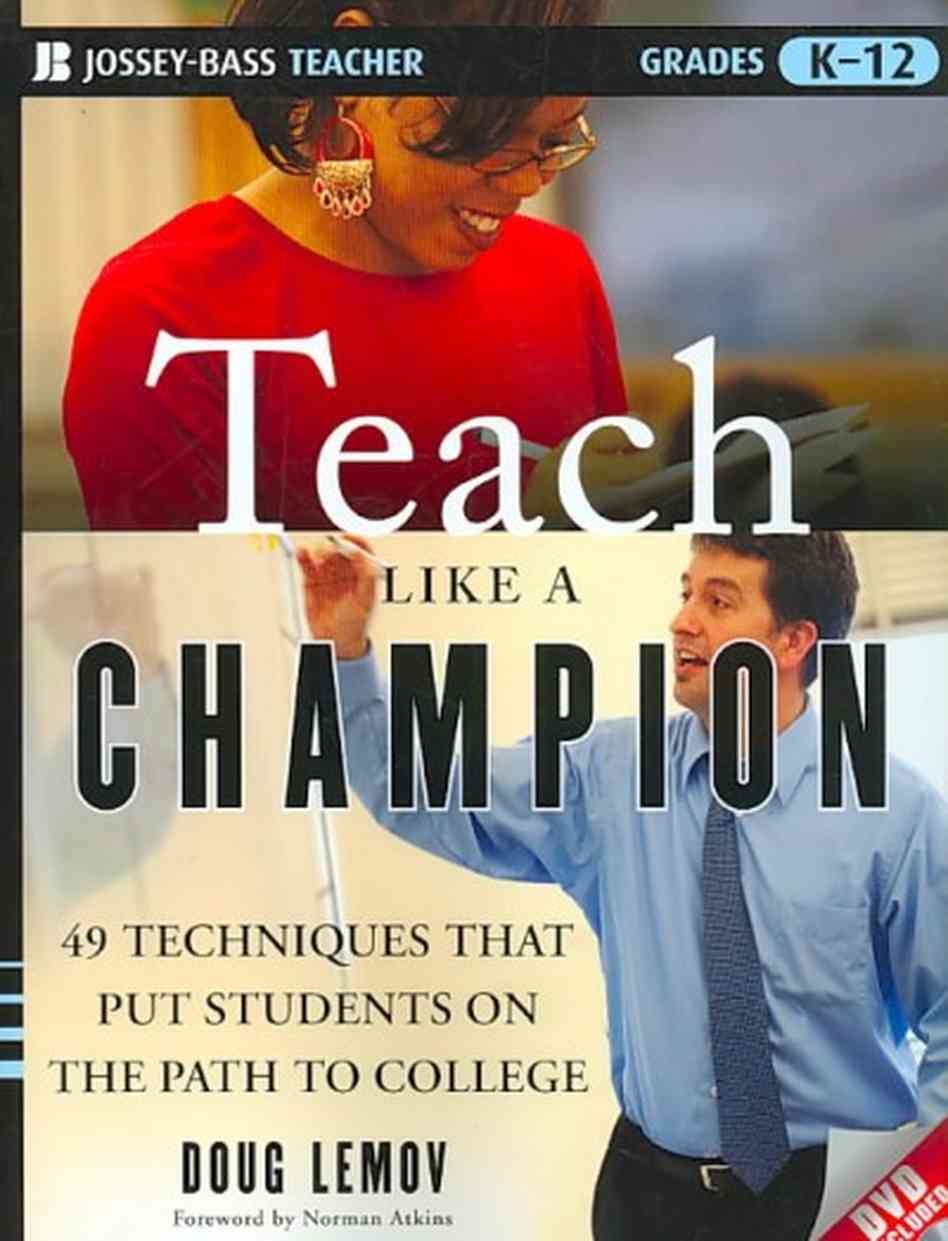This Goes Under “Cashing In On Ed Reform” : K12 Inc

K12 Online Learning is in Washington State using tax dollars to cash in on the online charter school industry.
This was first published on the Seattle Education blog in 2012 and originally posted at Ed Week the same year but I think it’s time to bring attention back to this cash cow brought to you by ALEC.
K12 Online Learning is in Washington State and using millions of tax dollars to advertisetheir enterprise. K12 also has a full time lobbyist haunting the halls in Olympia.

Ronald J. Packard, center, the chief executive of K12 Inc., and his son Chase celebrate the company’s listing on the New York Stock Exchange in 2007, along with John F. Baule, the chief operating officer of K12. Don’t they look happy.
In a scant few months, K12 Inc. and its fluctuating performance on Wall Street are proving that the combination of being a publicly traded company and operating in the school marketplace can lead to heightened levels of scrutiny in a growing but controversial sector of education.
On Dec. 12, the common stock price for the company, the nation’s largest for-profit operator of online K-12 schools, sat healthily at $28.79 per share, a dip from highs of This Goes Under “Cashing In On Ed Reform” : K12 Inc. | Seattle Education:

Big Education Ape: Mother Crusader: Could YOUR District Lose Real Funds To K12 Inc.'s Virtual Charter? - http://bigeducationape.blogspot.com/2013/06/mother-crusader-could-your-district.html
Big Education Ape: SHAREHOLDER ALERT: Investigation of K12 Inc. (LRN) - http://bigeducationape.blogspot.com/2016/07/shareholder-alert-investigation-of-k12.html
Big Education Ape: SF Flex charter school closes - Internal Affairs -http://bigeducationape.blogspot.com/2016/07/sf-flex-charter-school-closes-internal.html
Big Education Ape: Facing tough questions from Calif. officials, virtual charter school operator settles with attorney general | 89.3 KPCC - http://bigeducationape.blogspot.com/2016/07/facing-tough-questions-from-calif.html
Big Education Ape: California 'virtual' academies: Bill targets for-profit operator K12 Inc. - San Jose Mercury News - http://bigeducationape.blogspot.com/2016/06/california-virtual-academies-bill.html
Big Education Ape: California Legislators and Governor Brown: No Accountability for Charters | Diane Ravitch's blog - http://bigeducationape.blogspot.com/2016/06/california-legislators-and-governor.html










 As an aspiring teacher and a history major, I’ve become fascinated by teacher education, past and present. Which is why I decided to embark on a close reading of Doug Lemov’s
As an aspiring teacher and a history major, I’ve become fascinated by teacher education, past and present. Which is why I decided to embark on a close reading of Doug Lemov’s 







